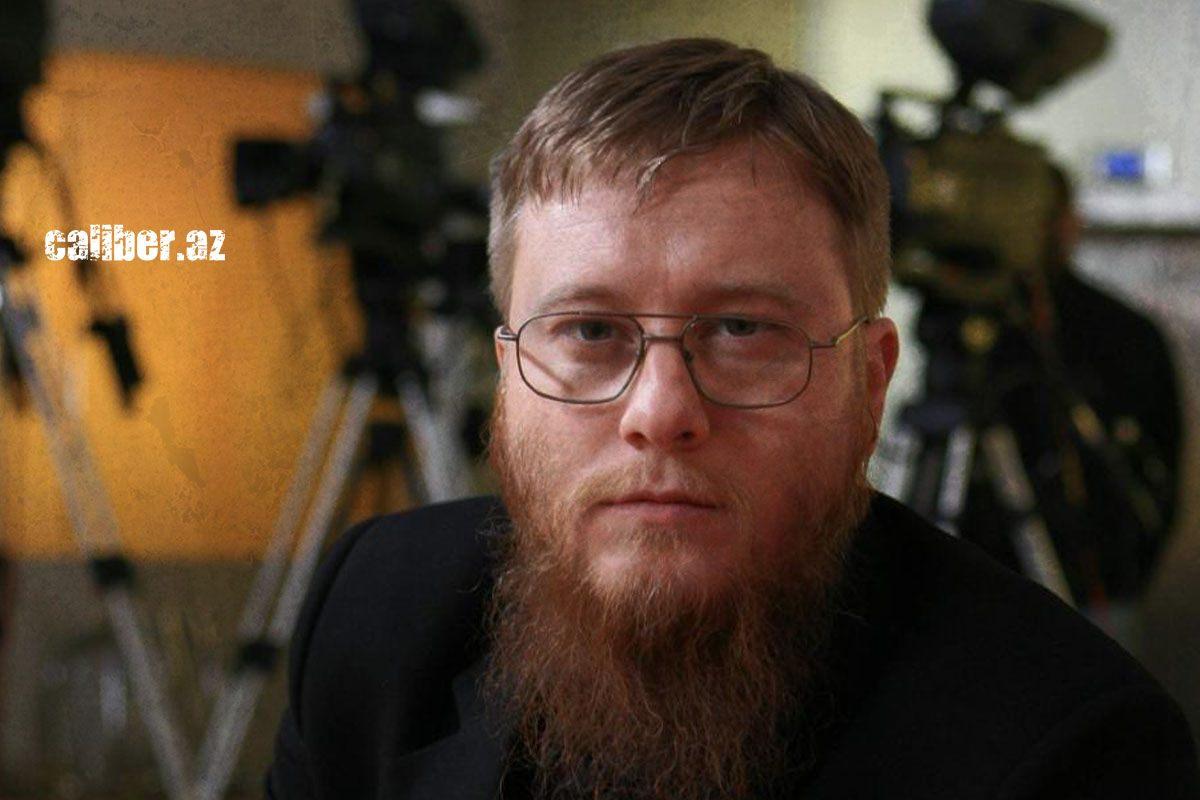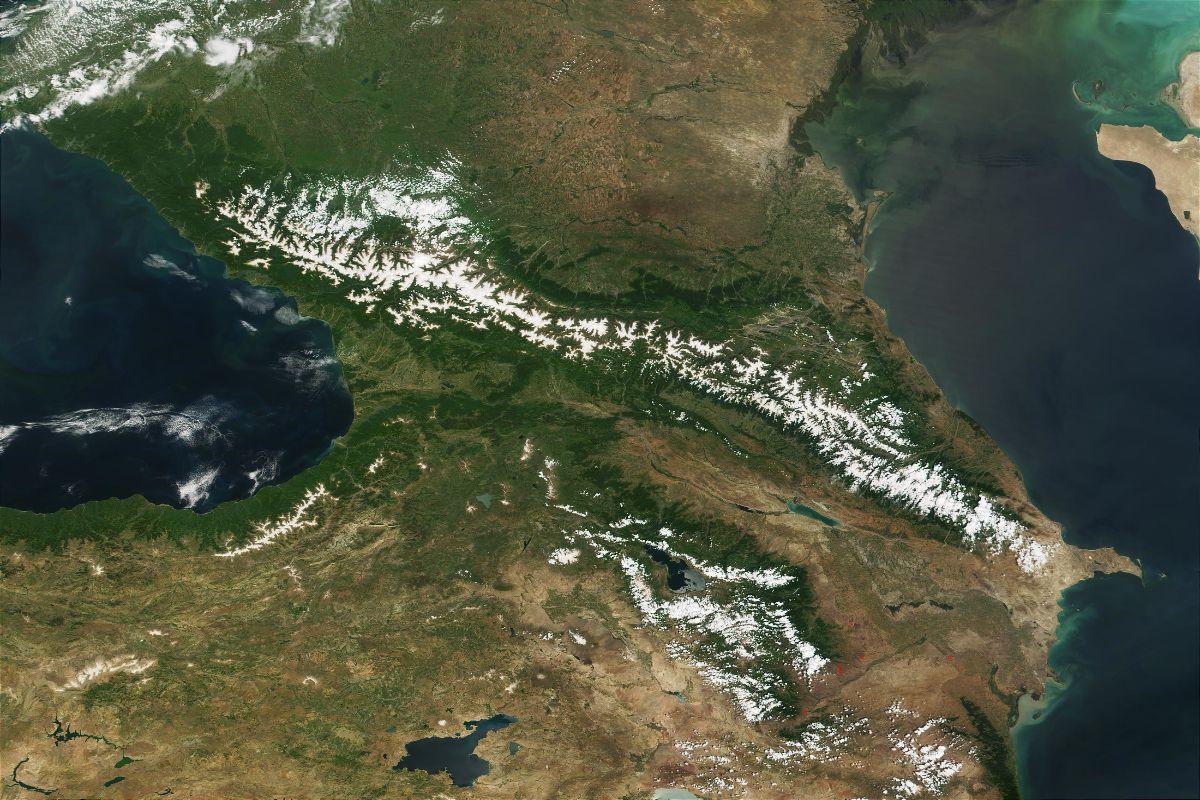The OSCE Minsk Group has stepped back Korovin on Zakharova's statement
"Maria Zakharova is absolutely right in saying that the OSCE Minsk Group is ineffective and her main argument is that this structure has withdrawn from the negotiations, saying it has no desire to cooperate with Moscow within the framework of the dialogue on the regulation of relations between Armenia and Azerbaijan, while Moscow is the main and only source of peace in the South Caucasus".
This opinion was expressed by Valery Korovin, a member of the Izborsk Club, director of the Center for Geopolitical Evaluations, deputy head of the International Eurasian Movement, and Russian political analyst in an interview with Caliber.Az, commenting on yesterday's statement by Russian Foreign Ministry spokesperson Maria Zakharova in response to provocative questions from an Armenian Public TV reporter.

To recall, the representative of the Armenian media was asked about Russia's attitude towards the statement of US Assistant Secretary of State for European and Eurasian Affairs Karen Donfried, who said that "Washington supports the Minsk Group co-chairmanship process, considers this format very important and is ready to continue cooperation with Moscow within the OSCE Minsk Group."
In her turn, the Russian Foreign Ministry spokesperson expresses doubts about Donfried's sincerity, saying that "if Washington and Paris really considered the unique mediation format of the OSCE Minsk Group important, they would not have allowed themselves to neglect the mandate approved by all the participating states."
According to expert Korovin, by refusing to cooperate with Moscow, the OSCE Minsk Group has fallen out of the negotiation process and has nothing to do with it anymore, so it is strange to appeal to this format at all.
"I assume that Karen Donfried is not aware that the OSCE MG has withdrawn itself and that the US supports the idea of returning the OSCE MG format to negotiations. The reality is that the US supports any structure that works to destabilize the situation in the Caucasus. The Americans do not need stability and peace in Karabakh, because this strengthens the position of their main geopolitical opponent - Russia. The USA needs a war in the Caucasus, preferably permanent - in any region and under any pretext. And they are trying to use the factor of the OSCE Minsk Group as the main catalyst of the war. Actually, all these years, while this international structure was engaged in the negotiation process, it was heating up the situation and provoking the conflict. That is, for the Americans, it is important to start a conflict, heat it up and intensify it through the OSCE Minsk Group. This is why the United States is trying in every possible way to bring the Minsk Group back into the negotiation process in order to reignite the conflict in the Caucasus and thereby create problems for Russia.

They want to do this right now in order to disperse the Russian forces and draw some of them away from the arena of hostilities on the territory of Ukraine. Therefore, the likelihood of resumption of hostilities is very high, and the Americans are likely to provoke them, using the capabilities of the influential Armenian lobby abroad, and maybe even the Kurdish factor," says the Russian political analyst.
Meanwhile, Korovin is sure that the Armenian side is not satisfied with the results of the 44-day war, considering itself the defeated side and does not want to put up with the established order in Karabakh.
"For this reason, Yerevan is trying to use any clues to get back to the revision of the current state of affairs. In Armenia, they perfectly understand that the OSCE Minsk Group has nothing to do with the negotiation process and they admit that the peace in Karabakh depends only on Moscow. But at the same time, they do not lose hopes of somehow clinging to any opportunity to twist the situation to the moment before the start of the 44-day war. This scenario is most probable with the support of the centres of power other than Moscow. In general, this is what the pro-Western liberal part of the Armenian establishment is trying to do," Korovin stressed.








